1. Introduction to Broiler Cage System
The Broiler Cage System is an advanced poultry housing solution designed specifically for broiler chickens, aiming to optimize space, improve management efficiency, and enhance bird health and productivity. Unlike traditional floor rearing, broiler cages provide a controlled environment where broilers are housed in individual or group cages that promote better feeding efficiency, reduce disease spread, and facilitate easier waste management.
Broiler cage systems have gained popularity globally due to their ability to improve production yield, minimize labor costs, and ensure consistent product quality. These systems are engineered with durable materials and integrated with feeding, watering, ventilation, and waste disposal solutions, making them ideal for both small-scale and commercial poultry operations.
In this article, we will explore the technical parameters, key features, benefits, application scenarios, operational guidelines, and common questions about broiler cage systems, helping poultry farmers, suppliers, and industry professionals make informed decisions.
2. Technical Parameters of Broiler Cage System
Cage Material | Galvanized Steel Wire, Stainless Steel, or PVC-coated Wire |
Cage Size | Common sizes: 1000mm x 600mm x 500mm (length x width x height) per cage unit |
Number of Birds per Cage | 3-10 broilers (depending on cage size and management practice) |
Cage Layers | Single, double, or multi-tier (2-6 tiers) |
Frame Material | Mild Steel or Stainless Steel |
Feeding System | Automatic or manual trough feeders |
Drinking System | Nipple drinkers or cup drinkers integrated |
Waste Management | Sloped floors with manure belts or droppings trays |
Ventilation | Natural or mechanical ventilation (fans) |
Weight Capacity | Designed to support broiler weight up to 5 kg per bird |
Power Supply | For automatic feeders, drinkers, and ventilation |
Operating Temperature | Typically 18°C to 32°C (adjustable with ventilation) |
Installation Area | Modular and scalable according to farm size |
Cage Durability | Corrosion-resistant coatings to withstand humid environments |
Maintenance | Easy cleaning and disinfection design |
3. Key Features of Broiler Cage System
3.1 Efficient Space Utilization
Broiler cage systems allow vertical stacking through multi-tier designs, maximizing the use of available floor space. This enables higher stocking densities without compromising bird welfare.
3.2 Improved Feeding and Watering Efficiency
Integrated feeders and nipple drinkers minimize feed wastage and water spillage, reducing operational costs and maintaining hygienic conditions.
3.3 Enhanced Bird Health and Biosecurity
By reducing direct contact with droppings and controlling bird movement, broiler cages help minimize disease transmission and parasite infestation.
3.4 Easy Waste Management
Sloped cage floors and manure belts or trays facilitate automatic or manual removal of feces, improving farm cleanliness and reducing labor.
3.5 Durable and Corrosion-Resistant Materials
Use of galvanized or PVC-coated steel ensures longevity and resistance to rust in humid poultry house conditions.
3.6 Modular and Scalable Design
Broiler cage systems can be customized in size and layer numbers, allowing farms to expand operations easily as needed.
3.7 Improved Monitoring and Management
Cages allow easy observation and handling of broilers, making vaccination, weighing, and health checks more efficient.
4. Advantages of Broiler Cage System
Higher Production Efficiency: Optimized space and feeding reduce costs and increase output per square meter.
Better Biosecurity: Controlled environment lowers risk of disease outbreaks.
Labor Saving: Automation and design reduce manual labor for feeding, watering, and cleaning.
Reduced Feed Wastage: Precise feeding systems minimize spillage.
Improved Bird Welfare: Cleaner environment reduces stress and improves growth rates.
Lower Mortality Rate: Reduced disease spread and better management lead to healthier flocks.
Flexibility: Systems can be tailored to farm size and production goals.
Sustainability: Efficient waste management reduces environmental impact.
Quick Installation and Maintenance: Modular components allow easy setup and upkeep.
5. Applications of Broiler Cage System
5.1 Commercial Broiler Farms
Used in intensive poultry production to maximize yield and control costs.
5.2 Small and Medium Scale Farms
Modular designs enable farmers with limited space to raise broilers effectively.
5.3 Research and Breeding Facilities
Allows precise control of broiler environment for scientific studies.
5.4 Contract Farming Operations
Enables standardized broiler production under contract agreements.
5.5 Organic and Controlled Environment Farming
Can be integrated with environmentally controlled houses for organic or antibiotic-free broiler production.
6. Usage Instructions
6.1 Installation
Choose a well-ventilated and dry location with easy access to utilities.
Assemble cage frames securely following manufacturer guidelines.
Install feeding and watering systems ensuring easy access for broilers.
Set up manure collection systems under cages.
6.2 Stocking
Stock broilers according to recommended density, typically 3-10 birds per cage.
Ensure uniform size and health of birds to reduce stress.
6.3 Feeding and Watering
6.4 Environmental Control
Maintain temperature between 18°C and 32°C.
Use fans or natural ventilation to regulate airflow and humidity.
Monitor ammonia and dust levels to maintain air quality.
6.5 Cleaning and Maintenance
Regularly remove manure via belts or trays.
Clean cages with water and disinfectants between production cycles.
Inspect feeders, drinkers, and cage structures for damage or wear.
6.6 Health Management
7. Common Issues and Troubleshooting
7.1 Poor Ventilation
Symptom: Excessive ammonia smell, high humidity.
Solution: Increase airflow via fans or open ventilation points.
7.2 Feed Wastage
7.3 Water Leakage
7.4 Disease Outbreaks
Symptom: Increased mortality or symptoms like coughing, diarrhea.
Solution: Improve biosecurity, vaccinate, and isolate affected birds.
7.5 Cage Corrosion
8. Frequently Asked Questions (FAQs)
Q1: How many broilers can be housed per cage?
A: Typically 3-10 birds per cage depending on cage size, breed, and management practices.
Q2: What are the advantages of cage rearing over floor rearing?
A: Cages improve space utilization, reduce disease spread, lower feed and water wastage, and ease waste management.
Q3: How often should manure be removed?
A: Daily or as frequently as possible, especially in multi-tier systems with manure belts.
Q4: Can broiler cages be used for other poultry types?
A: Broiler cages are designed specifically for broilers but can sometimes be adapted for other poultry with modifications.
Q5: What maintenance is required?
A: Regular cleaning, inspection of feeders and drinkers, checking for rust, and repairing damage.
Q6: Is automation necessary?
A: Automation improves efficiency but small farms can operate with manual feeding and watering.
Q7: What is the expected lifespan of a broiler cage system?
A: With proper maintenance, cage systems can last 10 years or more.
Q8: Are broiler cages suitable for organic farming?
A: Some organic certifications require free-range systems; however, cage systems can be used in controlled organic operations depending on regulations.
Q9: How do broiler cages improve bird welfare?
A: By providing clean, dry environments, reducing overcrowding and stress, and facilitating easy health monitoring.
Q10: How much space is required per bird?
A: Recommended space ranges from 0.1 to 0.15 square meters per broiler depending on age and weight.
9. Conclusion
The Broiler Cage System offers a modern, efficient, and hygienic solution for broiler production, helping farmers maximize productivity, reduce costs, and improve bird health. Its modular design, combined with integrated feeding, watering, and waste management, makes it a practical choice for farms of all sizes.
Proper installation, maintenance, and management are critical to realizing the full benefits of broiler cages. With growing demand for sustainable and efficient poultry farming, broiler cage systems stand as a key technology to meet industry challenges.
For poultry farmers and stakeholders looking to optimize broiler production, investing in a well-designed broiler cage system can result in enhanced profitability and improved operational efficiency.
Company Profile
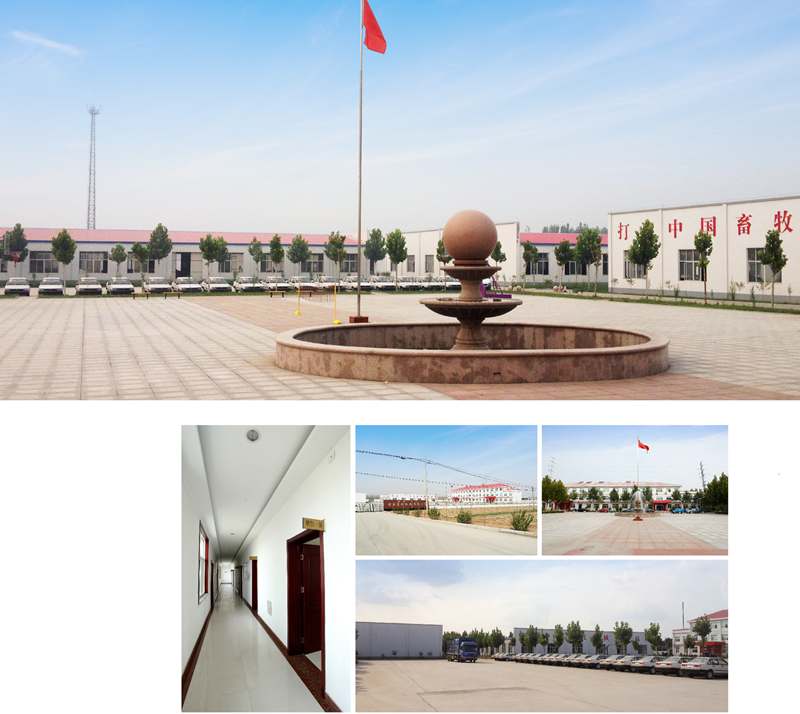
Shandong Huimin Qinle Livestock Machinery Co., Ltd. (formerly Shandong Huimin Qinle Livestock Machinery Factory) is a professional poultry equipment manufacturer with over 20 years of experience. We offer a comprehensive service package, from design (land and chicken coops), production (equipment and prefabricated steel coops), installation, commissioning, customer training, and after-sales service.
Located in Huimin County, Binzhou City, Shandong Province, China, the company has extensive experience in mechanical processing and manufacturing, as well as livestock machinery production and operation. With fixed assets of RMB 15 million, the company employs 160 people, including 30 R&D staff, and occupies a 40,000-square-meter factory. Equipped with over 110 pieces of advanced precision production equipment, including CNC machining centers and laser cutting machines, the company boasts a production capacity of RMB 50 million.
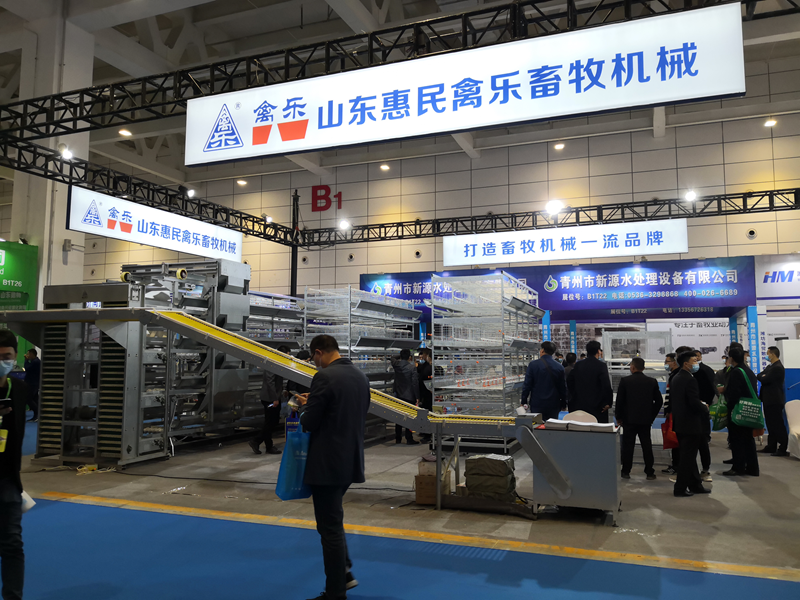
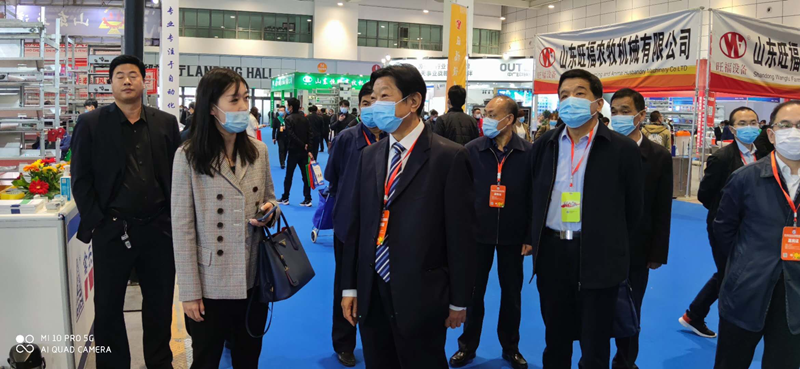
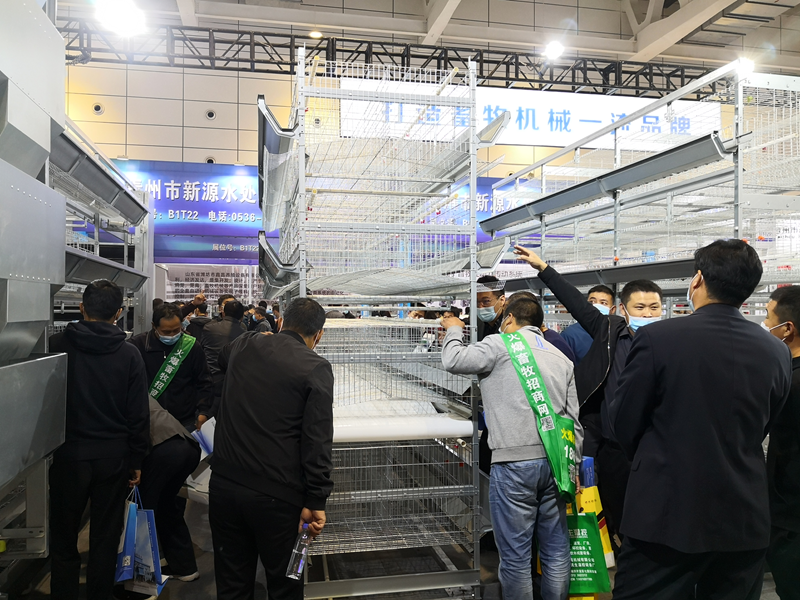
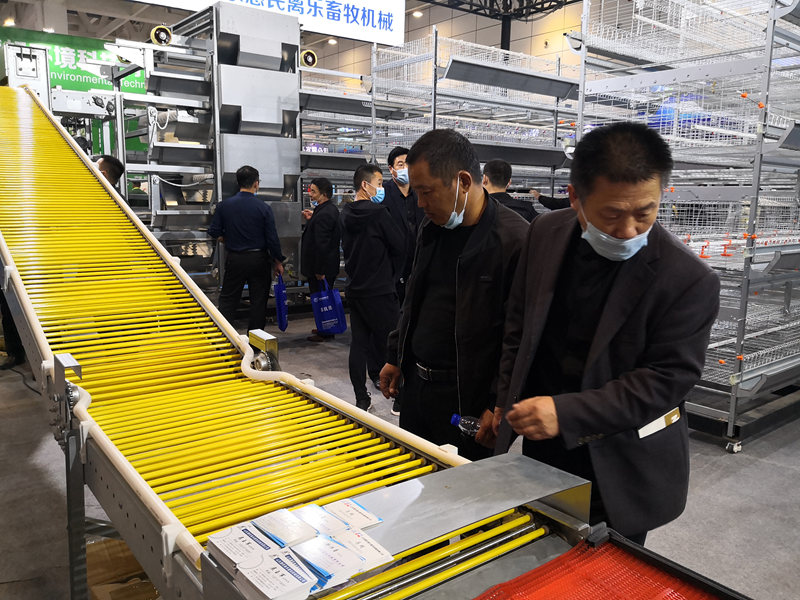
Chicken Farming Equipment Mesh Production Workshop

Machining Workshop
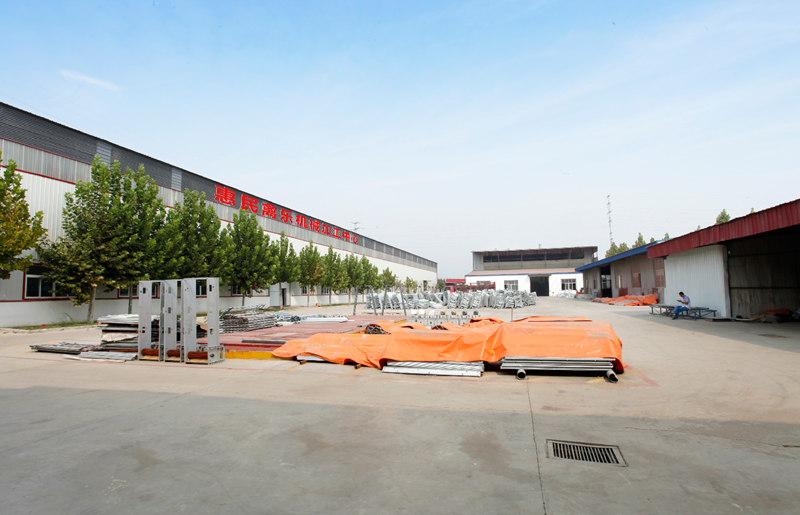
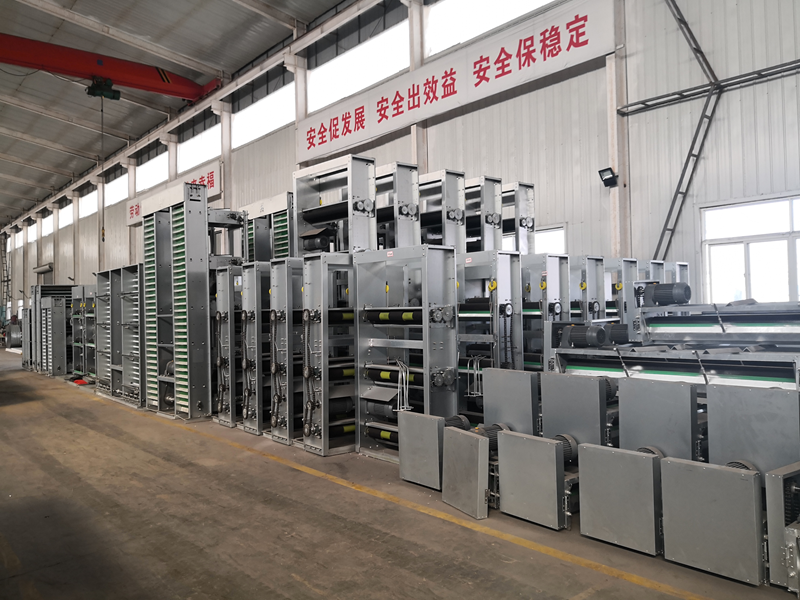
Turret-type CNC Punch Press, Laser Cutting and Other Machining Equipment
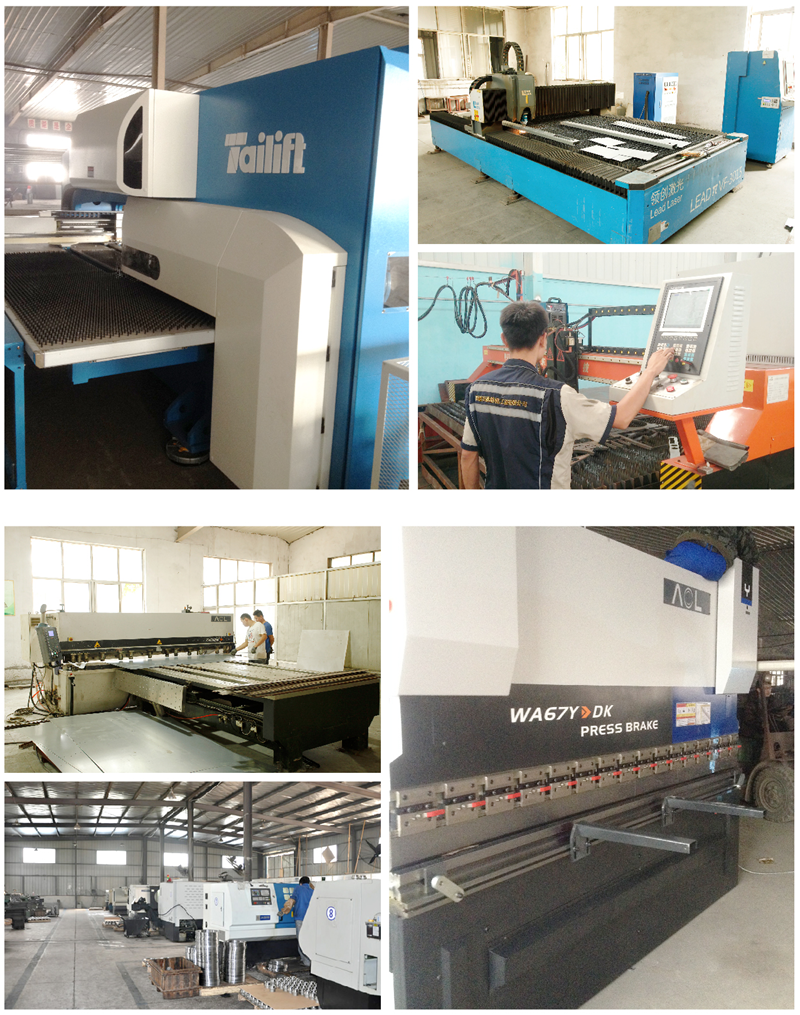
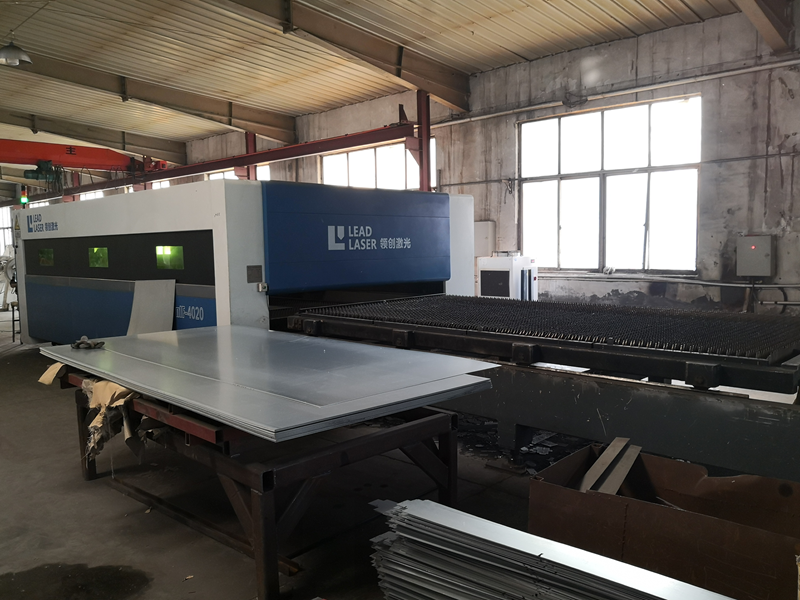

Fully Automated Roll Forming Production Line

Hot-dip Galvanizing Production Line

Electroplating Production Line
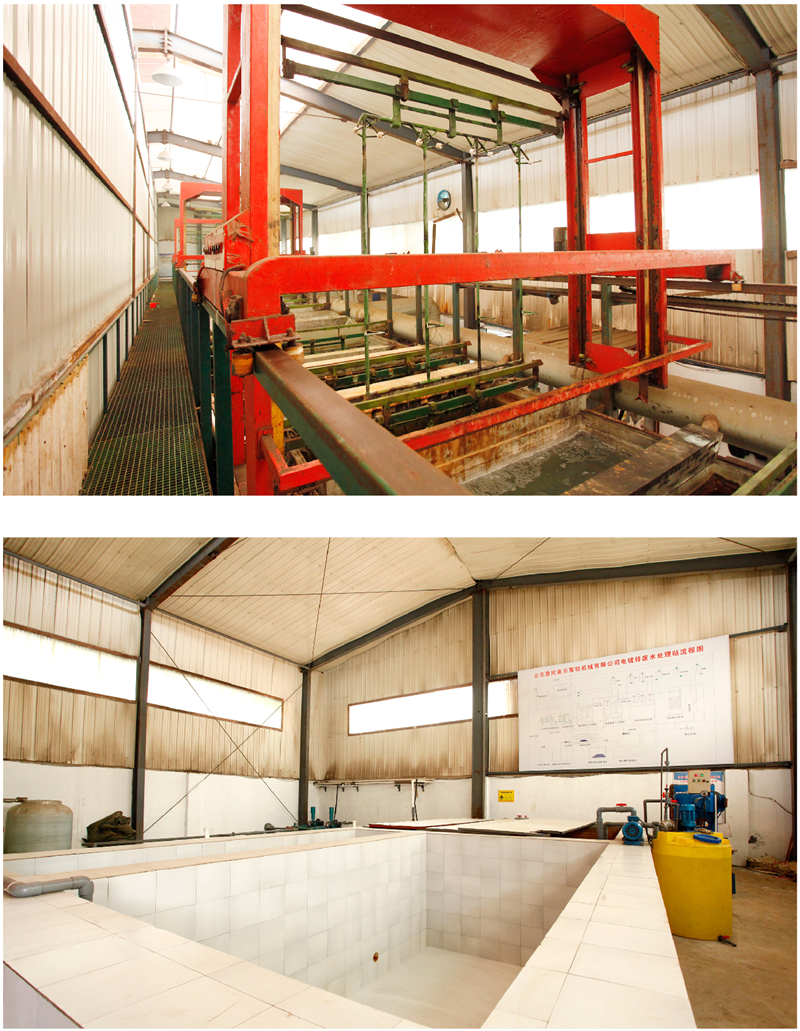
Environmental Protection Equipment
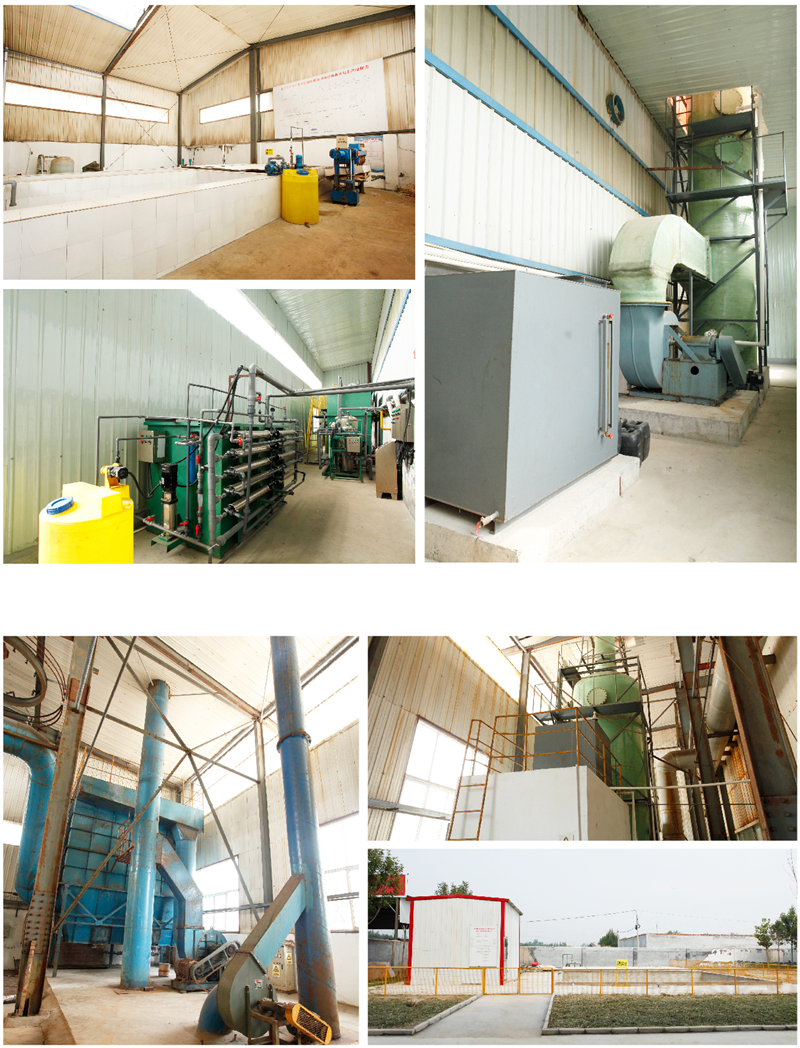
Chicken Farming Equipment Product Series
Egg-laying Hen Farming Equipment
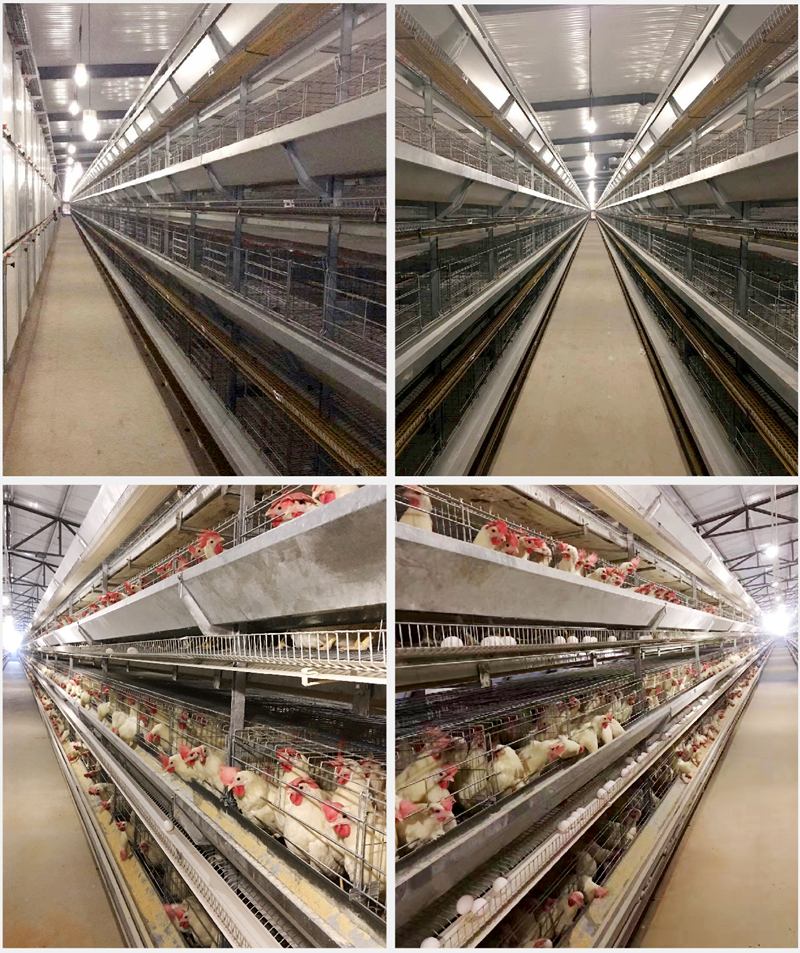
Stacked Brooding Cage Equipment

Stacked Broiler Cage Equipment
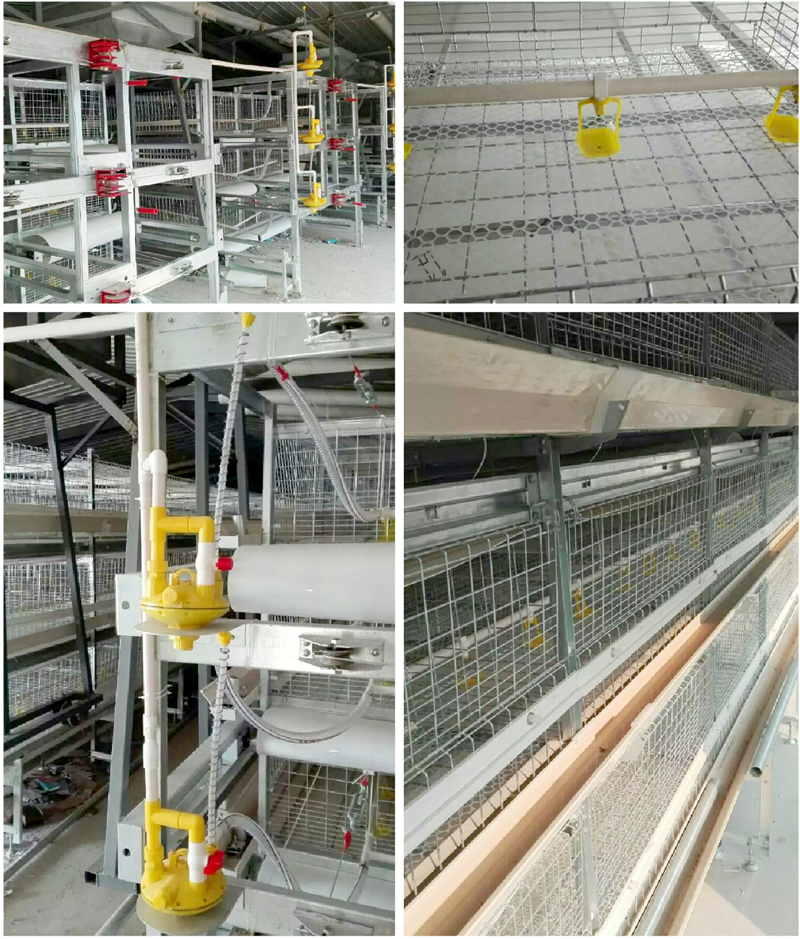
Stepped Layer Hen Cage Rearing Equipment
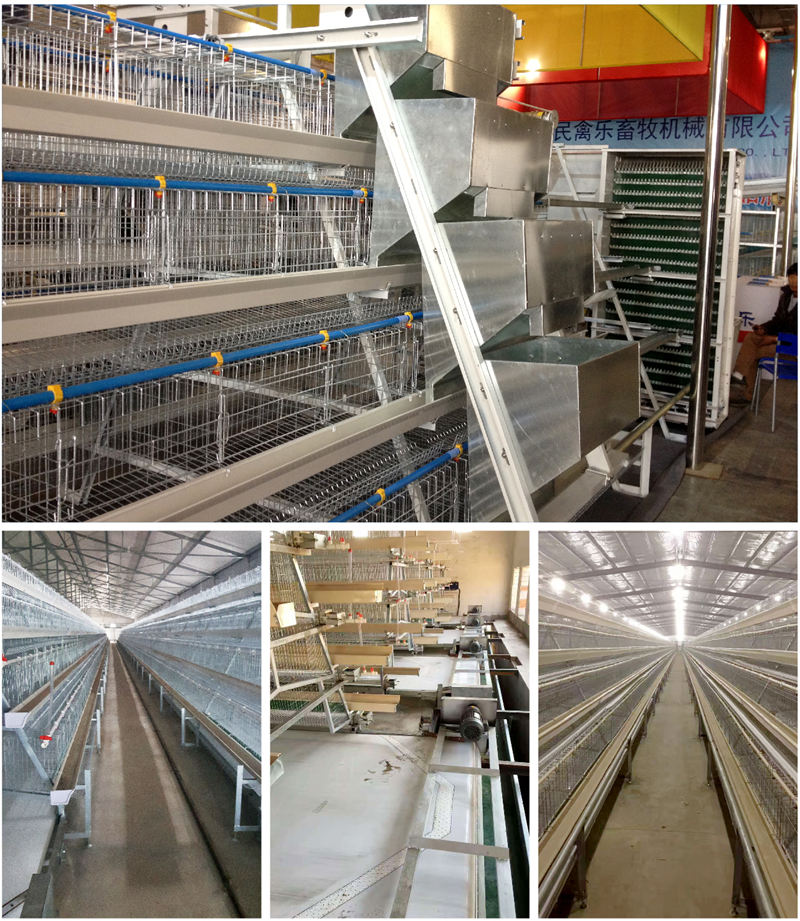
Automatic Egg Collection System
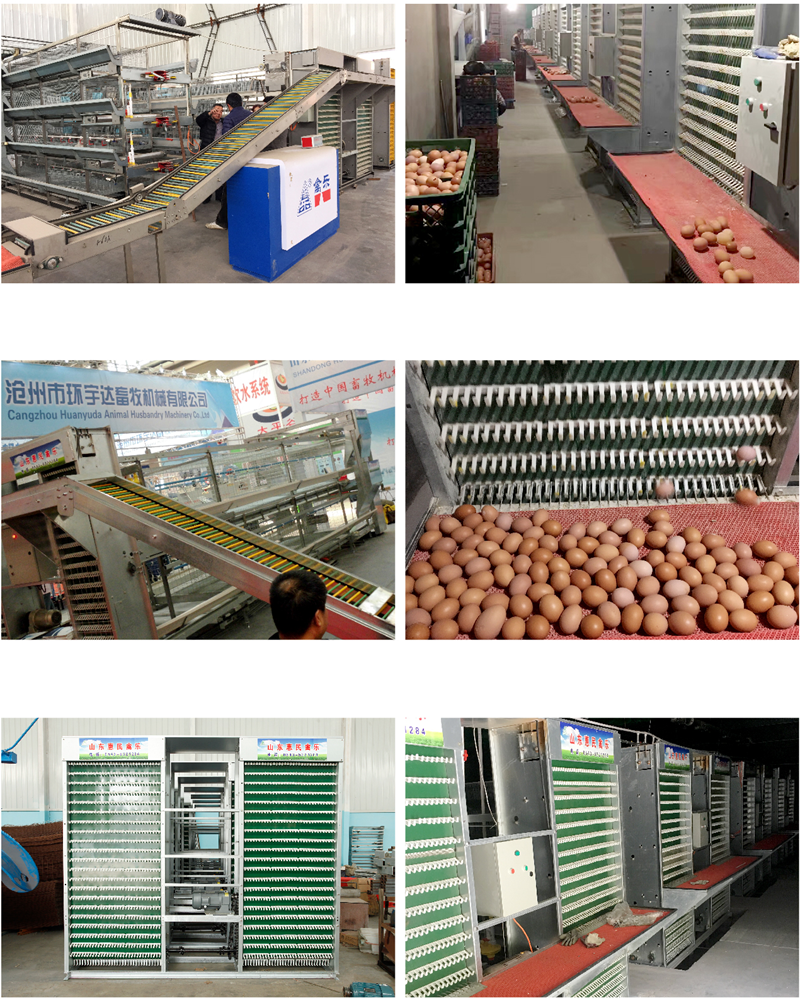
H-type Cage Feeding Machine
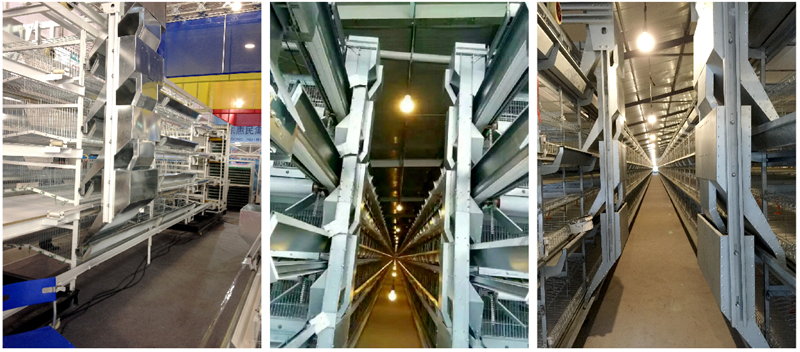
Stepped Cage Straddle Feeder
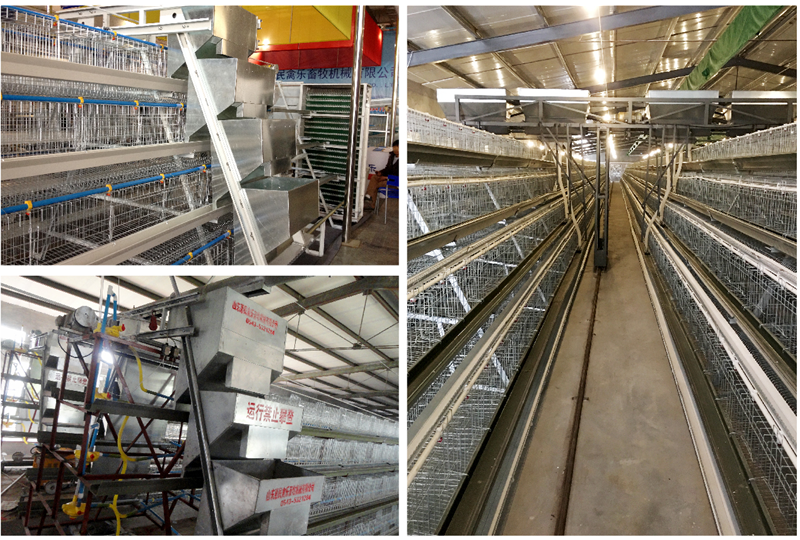
Manure Removal Machine
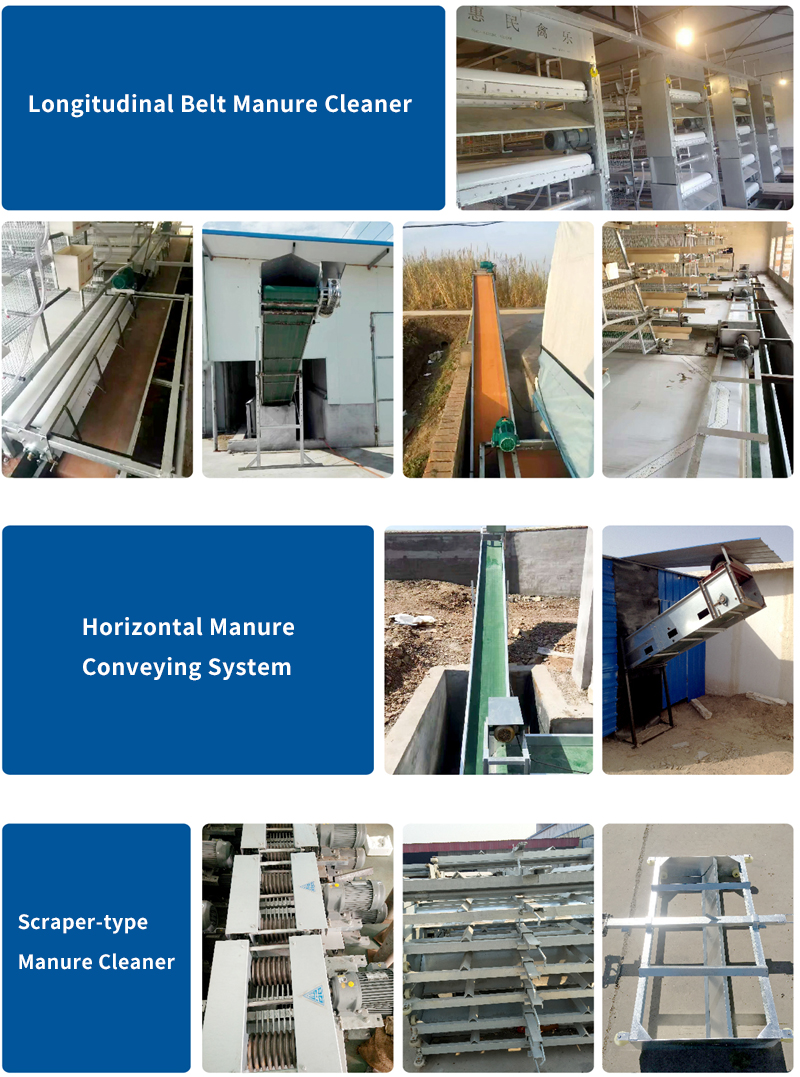
Fans, Heated Curtains, Environmental Control Systems, and Lighting Equipment
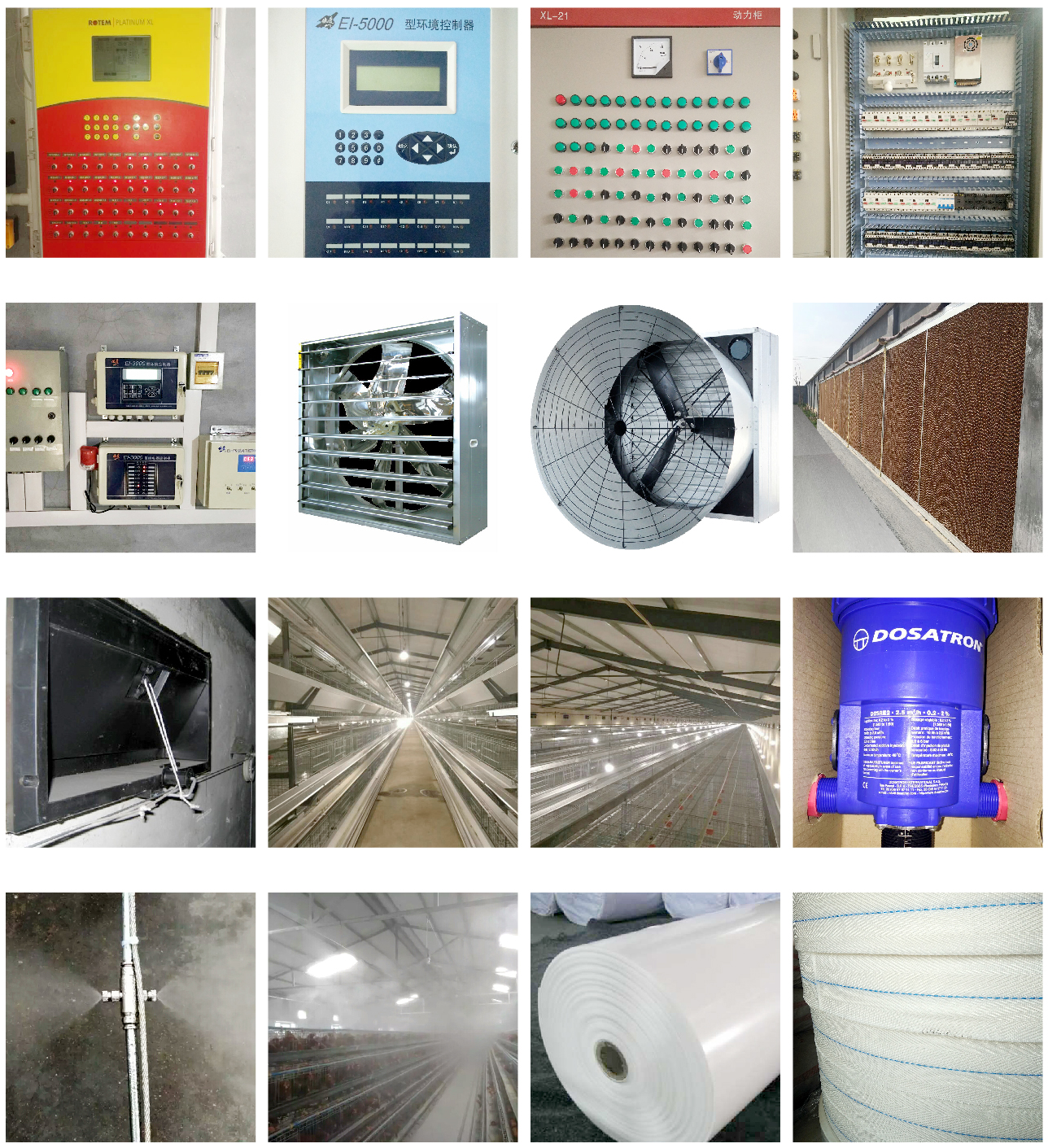
Complete Set of Equipment for Organic Fermentation Treatment of Manure
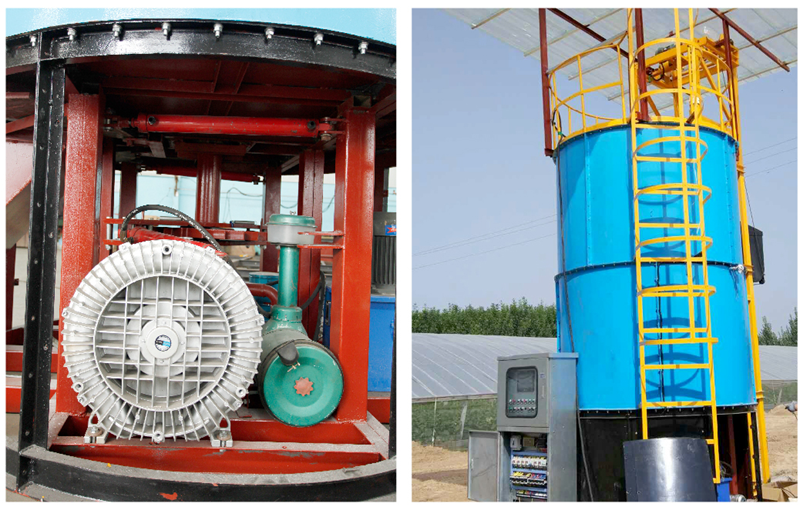

 Catalogue
Catalogue
































 WhatsApp
WhatsApp Téléphone
Téléphone